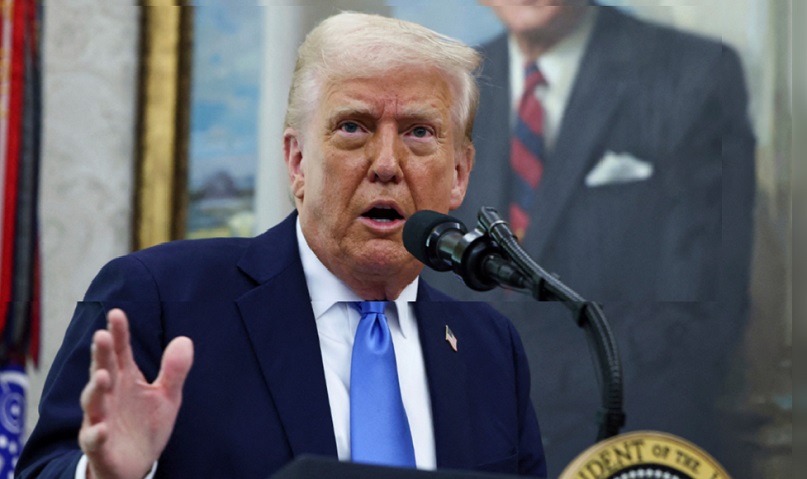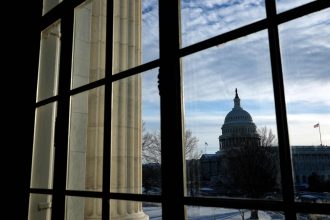In a recent statement that stirred international headlines, US President Donald Trump described the BRICS alliance as an “attack” on the US dollar — a comment that reignited global debate over currency dominance and trade relations.
BRICS, consisting of Brazil, Russia, India, China, South Africa, Egypt, Ethiopia, Indonesia, Iran, and the United Arab Emirates, has long represented an alternative economic vision — one less reliant on the dollar. However, Trump asserted that his administration’s stance forced several nations to “drop out” of potential BRICS membership after he threatened to impose tariffs on those joining the bloc.
“I told anybody who wants to be in BRICS, that’s fine — but we’re going to put tariffs on your nation. Everybody dropped out,” Trump claimed during a bilateral meeting with Argentine President Javier Milei on Tuesday. “BRICS was an attack on the dollar,” he added.
The BRICS nations have often voiced concern over unilateral tariff and non-tariff measures, which they say distort global trade and disadvantage developing economies. In contrast, Trump emphasized his firm stance on preserving the dollar’s dominance, saying that nations “dealing in dollars” will enjoy an “advantage” over those who don’t.
“If Joe Biden or Kamala Harris had been elected, you wouldn’t have the dollar as your currency anymore,” Trump said, crediting his election victory for maintaining the dollar’s global status.
Just last month, the BRICS nations warned against rising protectionism and the misuse of tariffs as political tools, calling such actions a threat to global economic balance and an unfair burden on the Global South. Earlier this year, Trump also imposed a 50% tariff on Indian exports, a move that raised eyebrows across emerging markets.
At its core, this dispute isn’t merely about trade or currency — it’s about who shapes the future of global finance. As economic alliances evolve and nations seek independence from the US dollar’s dominance, the next few years could redefine how power and prosperity are distributed across continents.
In an era of shifting global alliances, one question remains: Will the world continue to rally behind the dollar — or are we witnessing the dawn of a new financial order?








